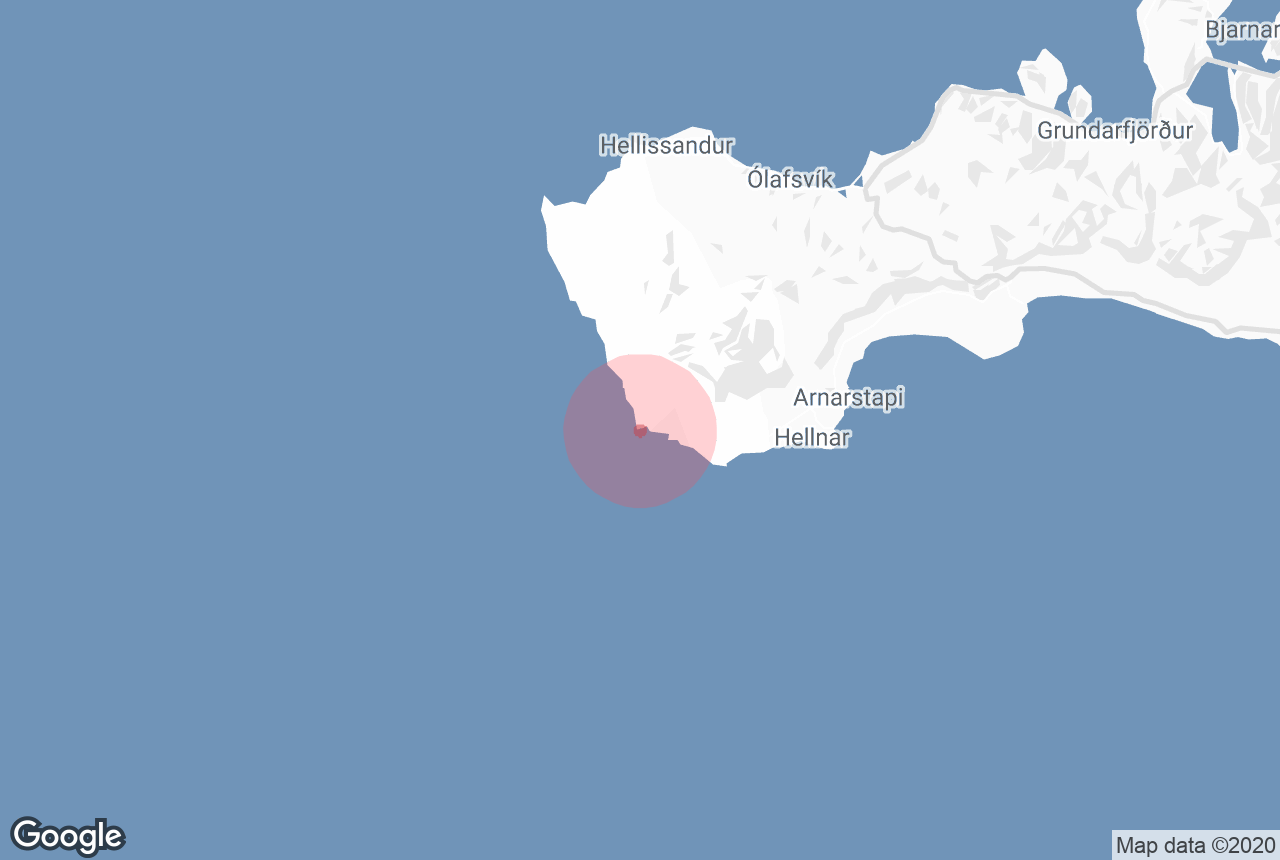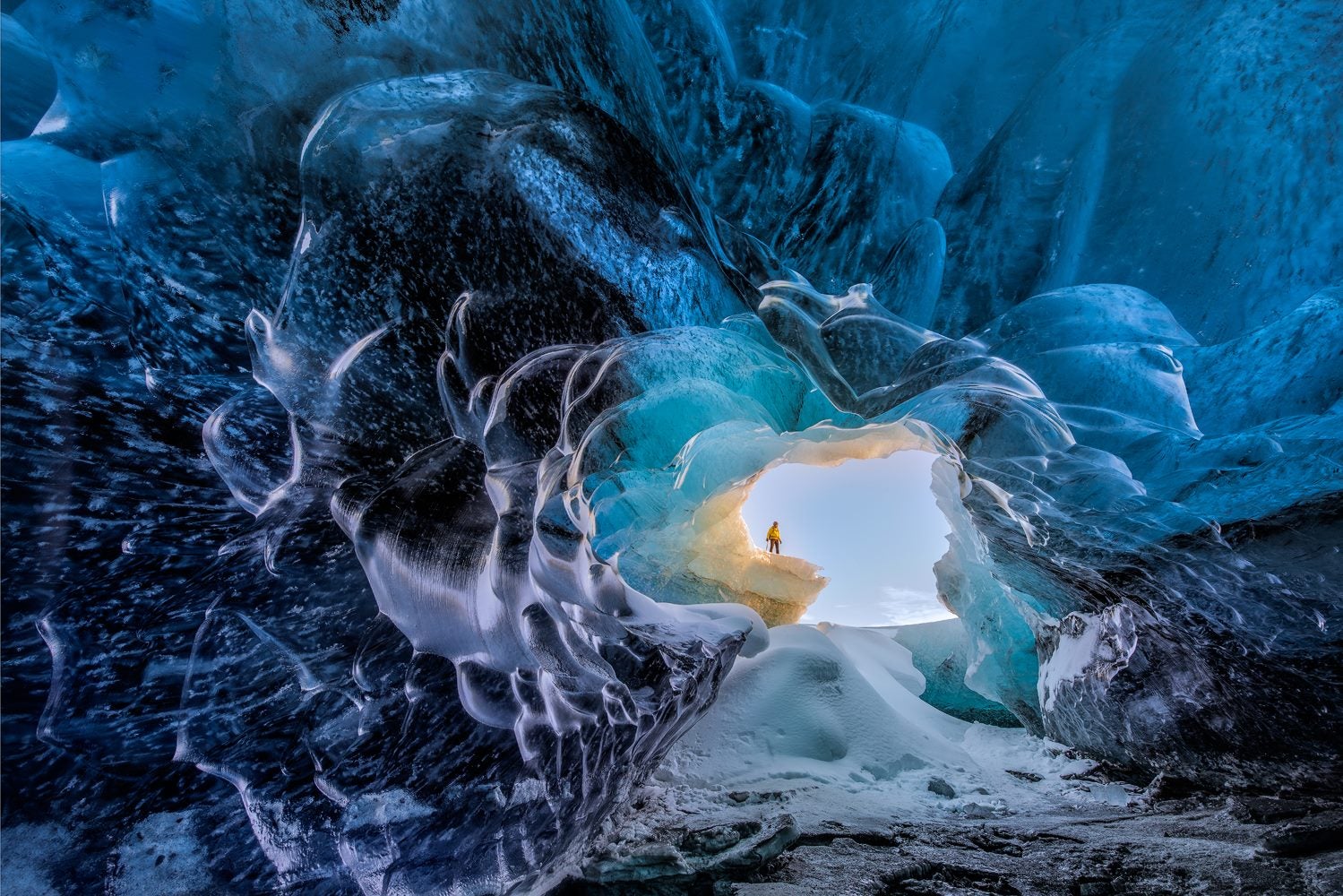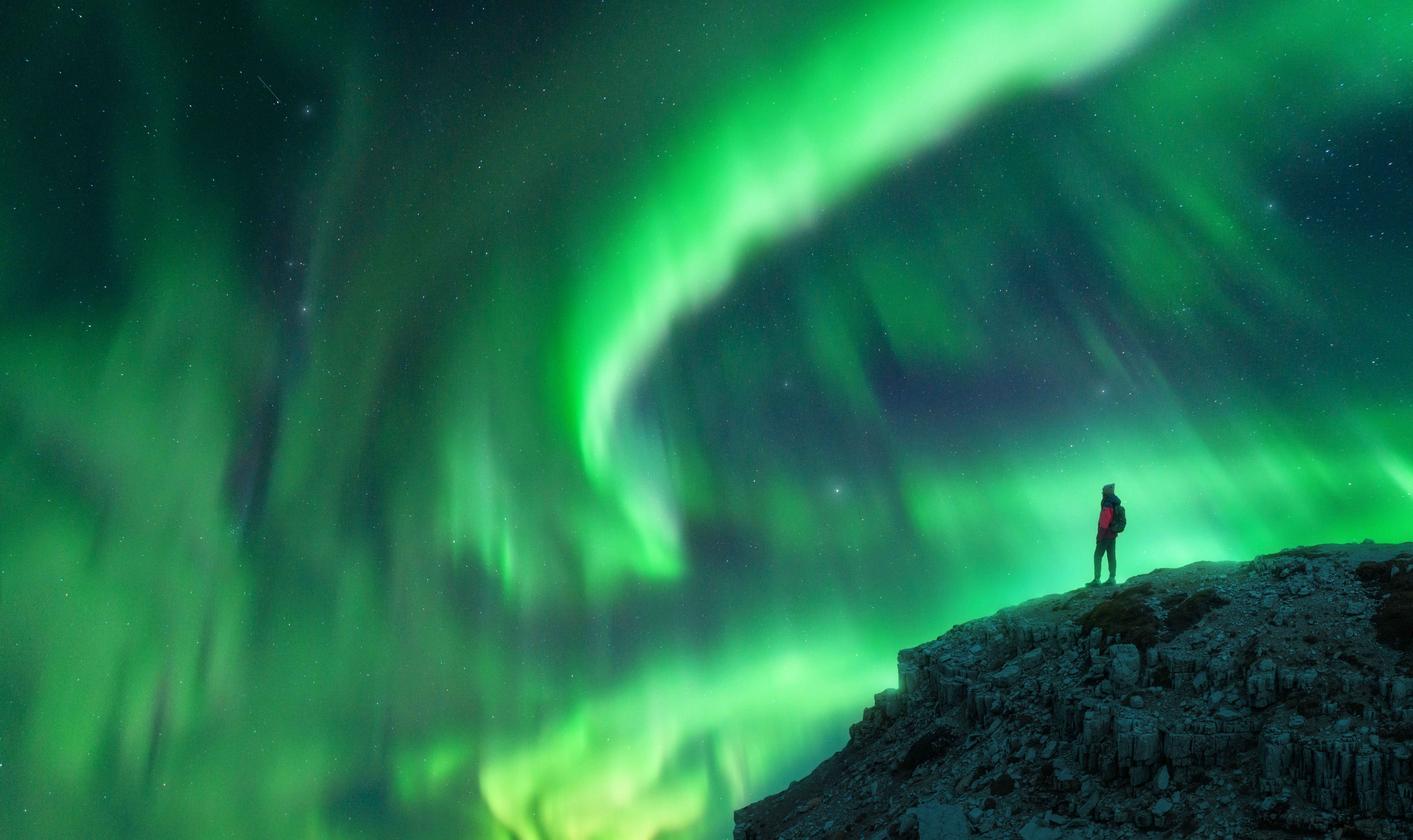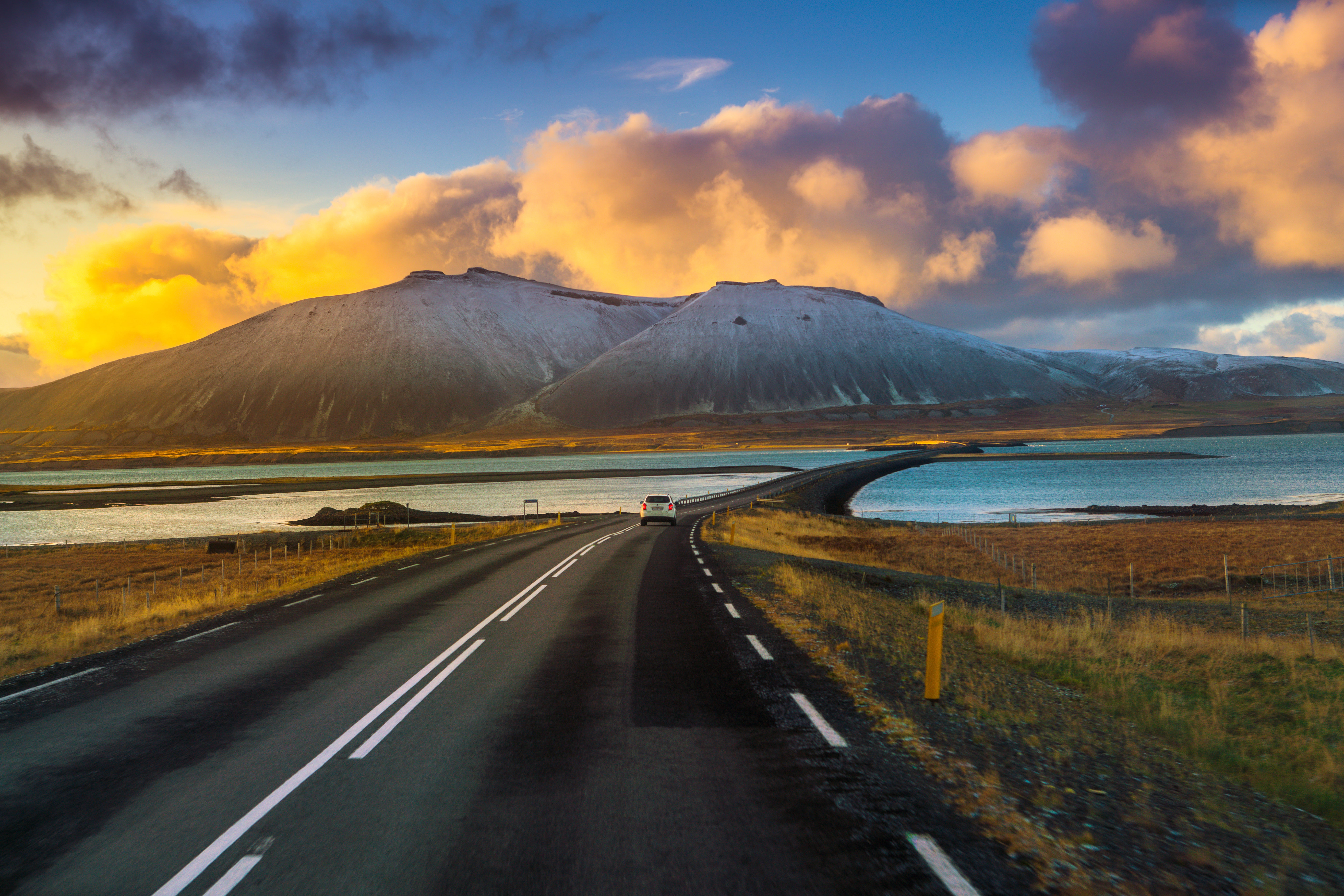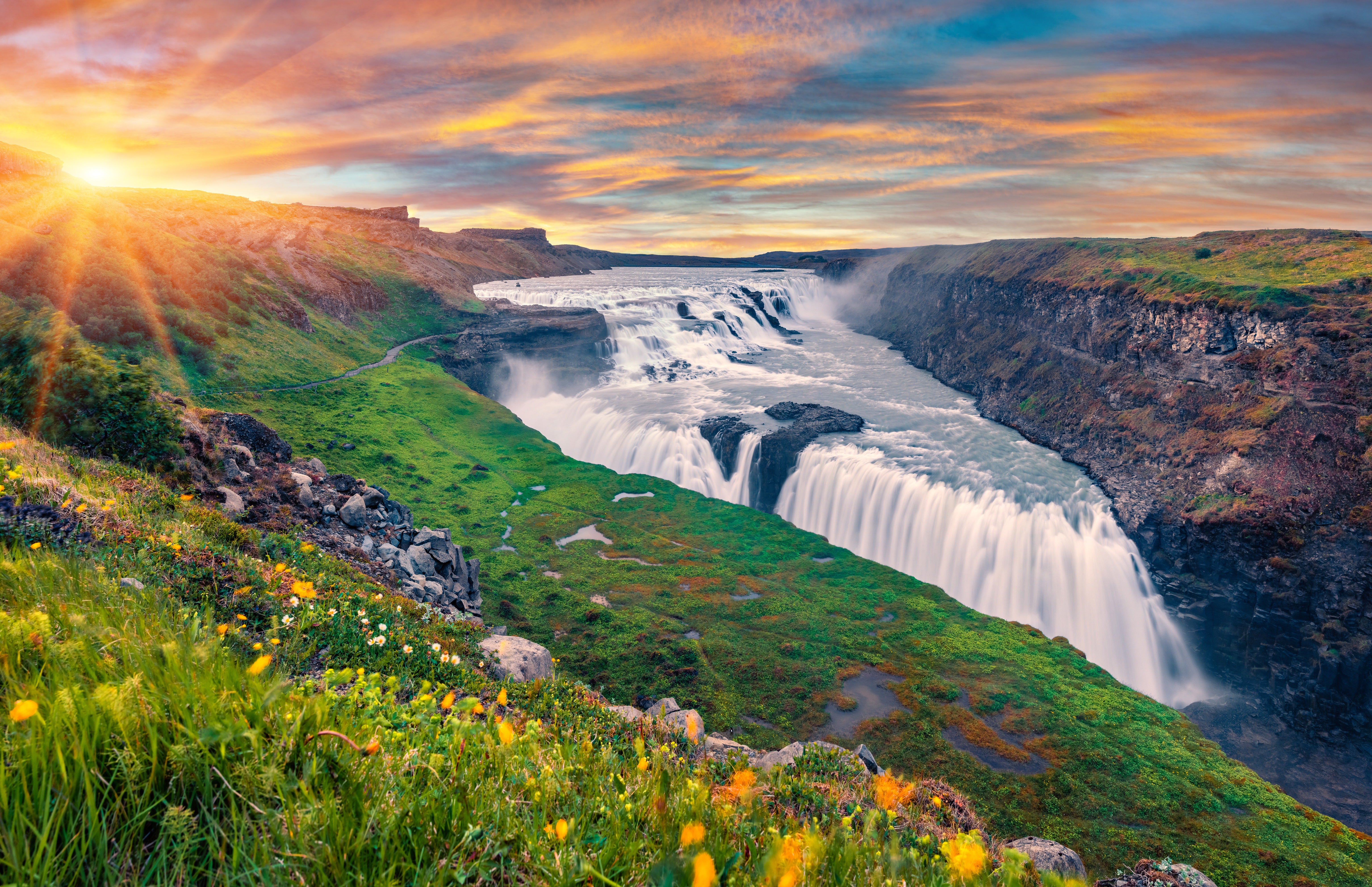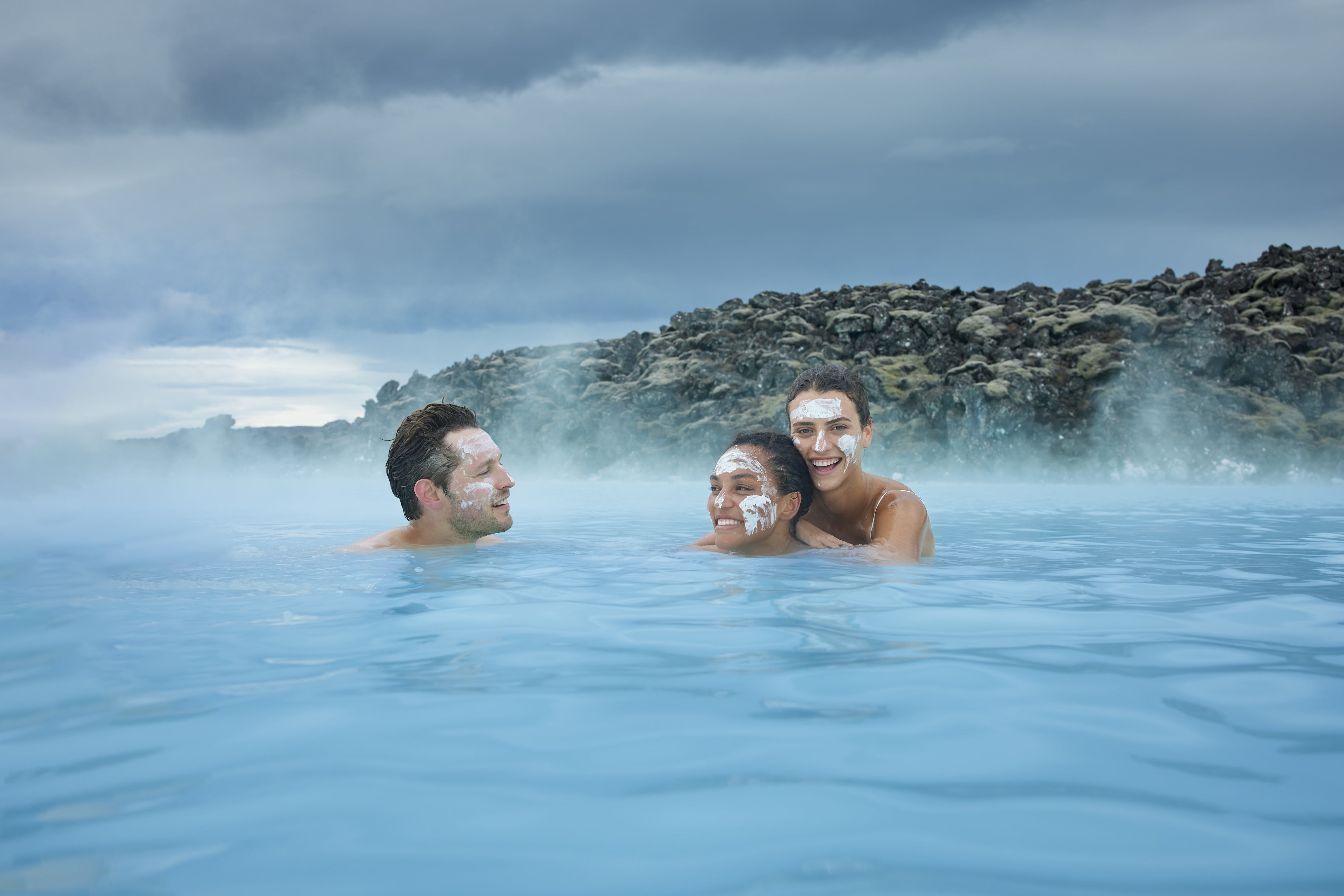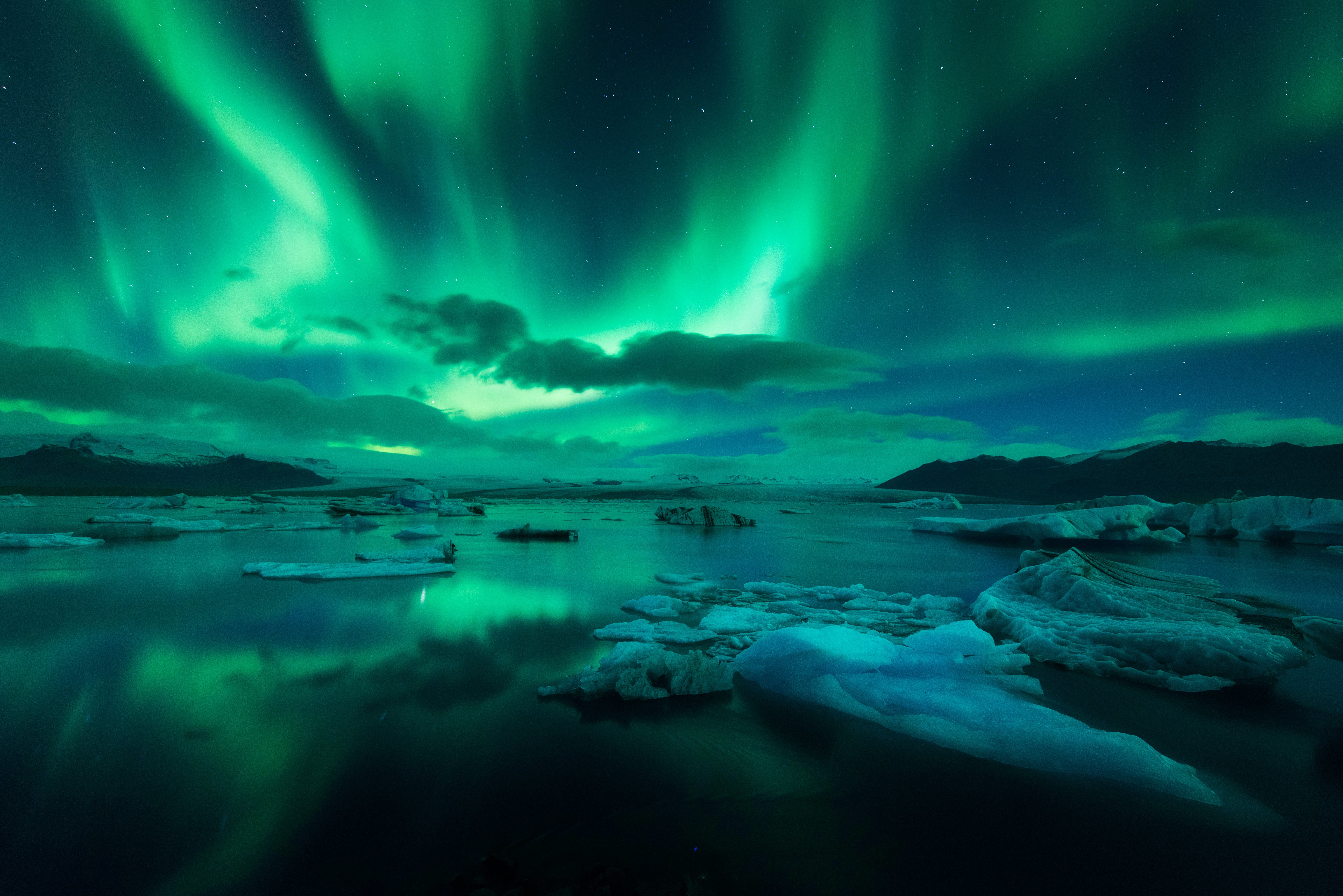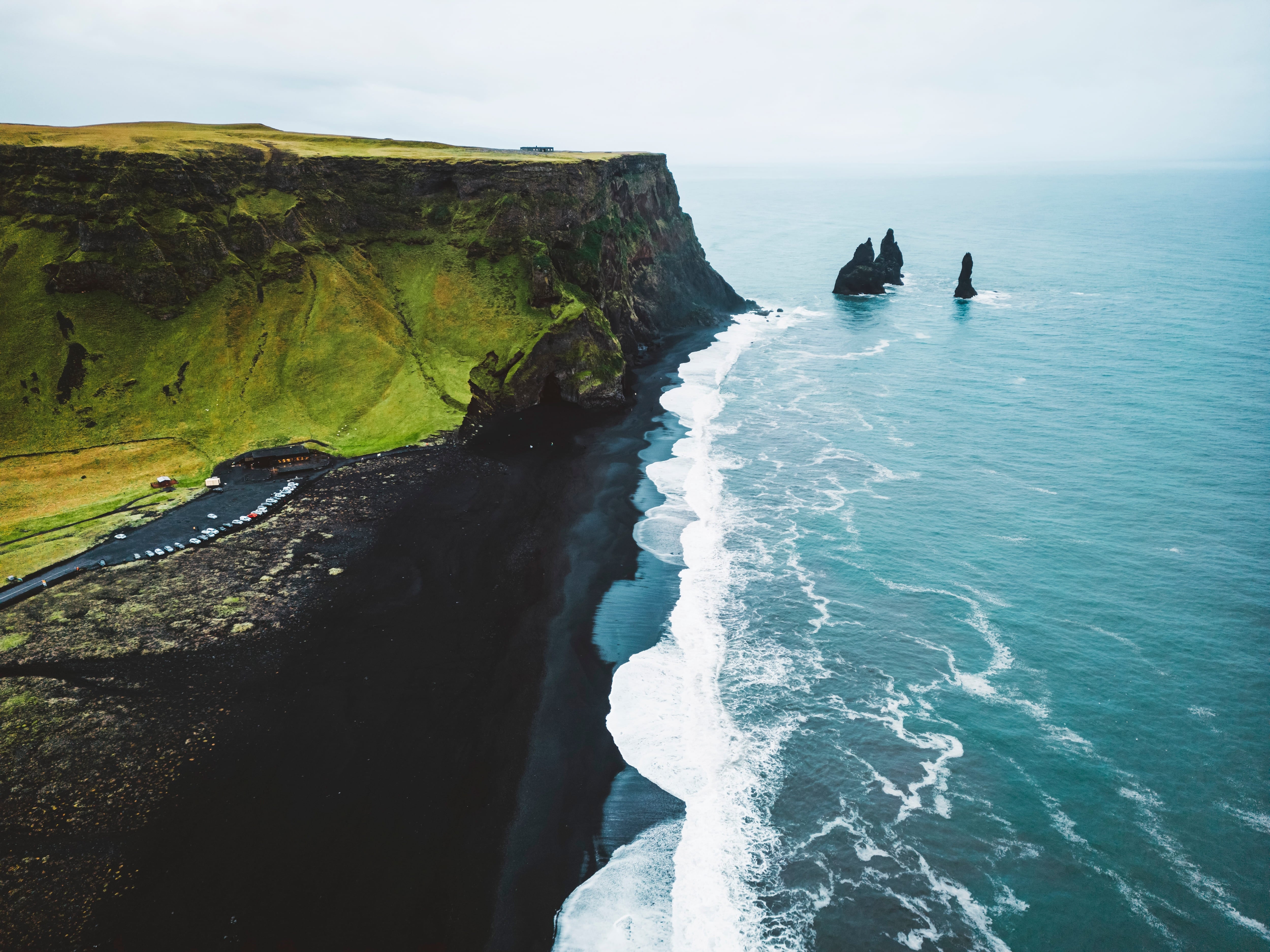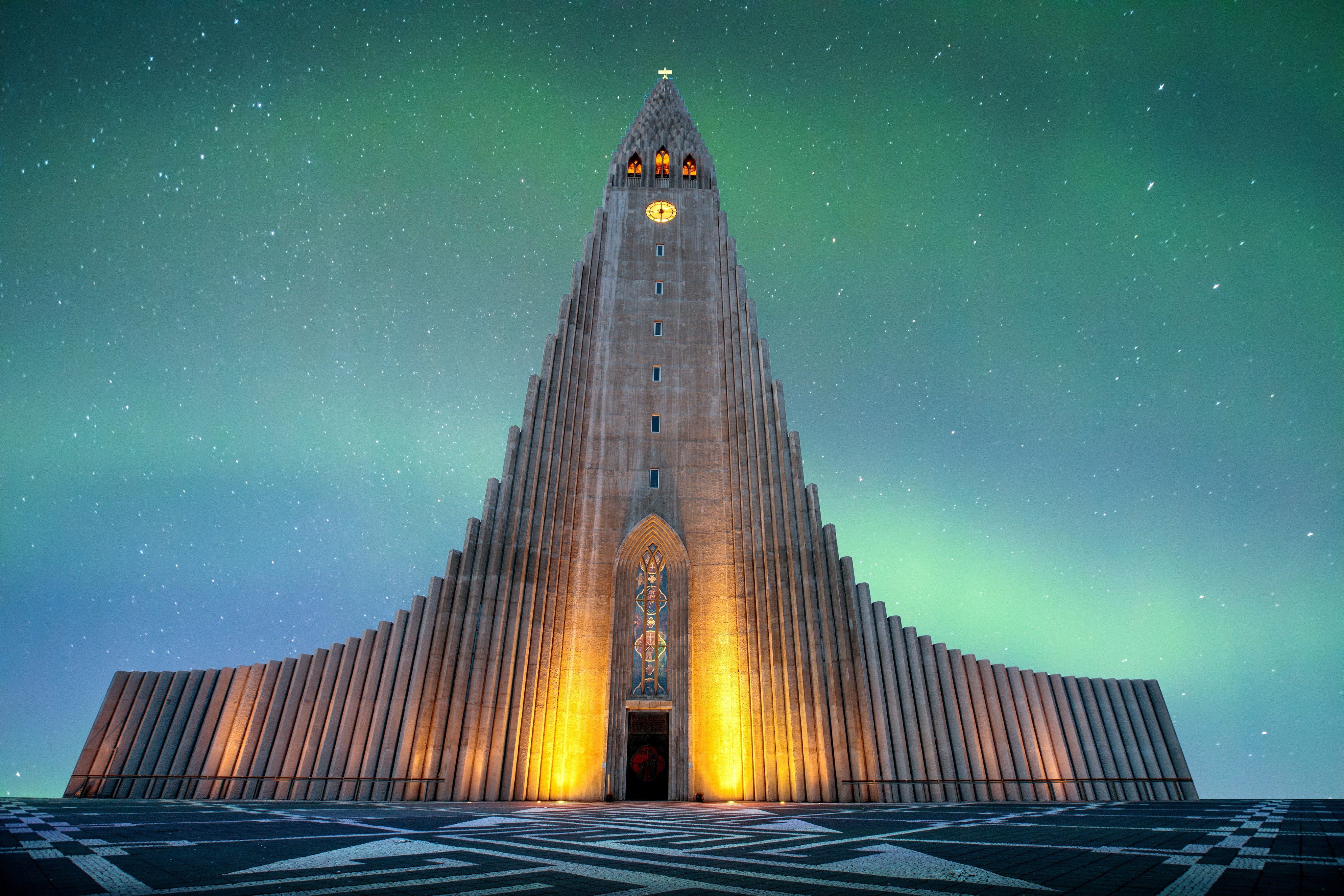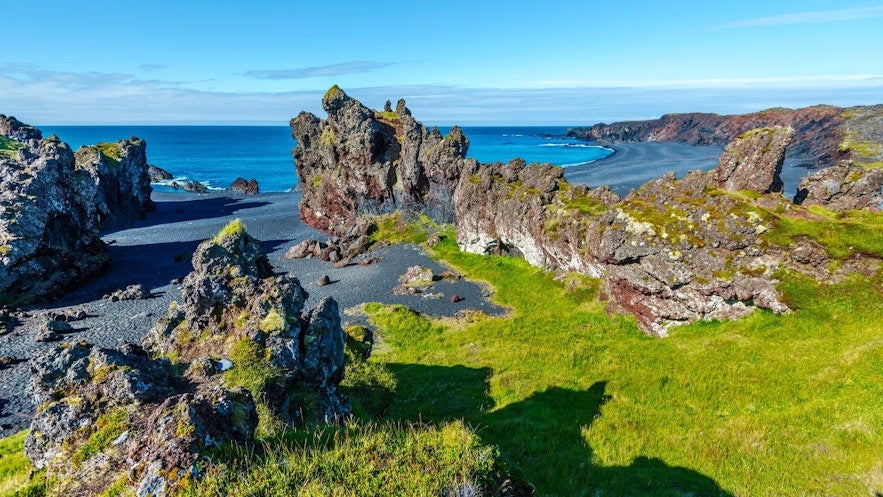
Known for its striking black pebble shores, rusting remnants of a shipwreck, and panoramic views of the Atlantic, this secluded beach is more than just a scenic stop. It's a window into Iceland’s rugged past and raw, untamed landscape.
Whether you're a nature lover, history enthusiast, or simply looking to escape the usual tourist trails, Djupalonssandur offers an unforgettable experience that captures the wild soul of Iceland. Discover this area on a tour of the Snaefellsnes Peninsula.
Why You Can Trust Our Content
Guide to Iceland is the most trusted travel platform in Iceland, helping millions of visitors each year. All our content is written and reviewed by local experts who are deeply familiar with Iceland. You can count on us for accurate, up-to-date, and trustworthy travel advice.
History & Monuments
The location was once home to a prosperous fishing village, similar to other abandoned hamlets and ports of the area, such as Budir and Hellnar. These thrived back when the Snaefellsnes Peninsula functioned as one of the most active trading posts of the island, but now are simply centres for tourism.
Fascinating remnants of this period are found in the form of four ancient lifting stones that still occupy the beach. The stones range in weight from 23 kg (50 lbs) to 155 kg (342 lbs) and were used to test the strength of fishermen.
Their names are Amlodi (useless), Halfdraettingur (weakling), Halfsterkur (half-strong), and Fullsterkur (full-strong). Even today, you can see how you would have fared working on Iceland's dangerous seas by trying your luck at lifting these stones.
In 1948, the English trawler Epine GY 7 from Grimsby shipwrecked on the shore, with fourteen dead and five survivors. The rusty iron remains of the vessel remain scattered on the beach, now protected as a monument to those who perished.
Environment & Surroundings
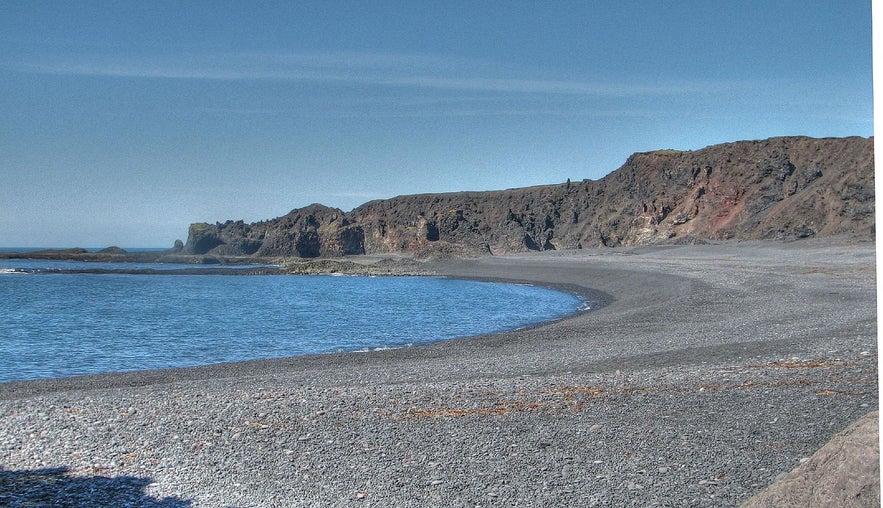
Photo from Wikimedia, Creative Commons, by Michael Clarke. No edits made.
The Snaefellsnes Peninsula boasts countless natural wonders, where locals and travellers both flock on a daily basis to enjoy the unique landscape and stunning coastlines. Djipalonssandur’s black pebble beach is particularly stunning with its rocky coastal lava formations, which include a large lava rock with a hole in the middle through which you can directly spot the Snaefellsjokull glacier volcano.
Behind the rocks are two freshwater lagoons called Djupulon and Svortulon, with the former serving as the namesake of the bay. Though believed in olden times to be bottomless, the water bodies were later revealed to reach the depth of just five metres.
Lagoons such as these are held in high regard amongst the Icelandic people, and Svortulon is thought to possess healing properties, especially after having been blessed by Bishop Gudmundur godi ('the good') in the late 1100s.
A natural monument of the area is Songklettur, or “singing rock”, a large lava rock with a reddish hue that resembles an elfish church. Other rock formations of folklorish appeal rest close by, including the alleged trolls-turned-to-stone Kerling and Londrangar.
Warning
When visiting Djupalonssandur, take heed that these are treacherous waters and the Atlantic Ocean’s powerful suction can easily carry you out to sea. This beach is not one for wading, but enjoying from a safe distance, especially if the weather is stormy.
The video below shows the power and shocking speed of sneaker waves that occur at locations such as Djupalonssandur and Reynisfjara in the south.
The glistening pebbles that make up the beach known as Djupalonsperlur, or “pearls of the deep lagoon”, are gorgeous to look at and might seem appealing to stone collectors, but they are protected by law and should not be removed from the area by visitors.
